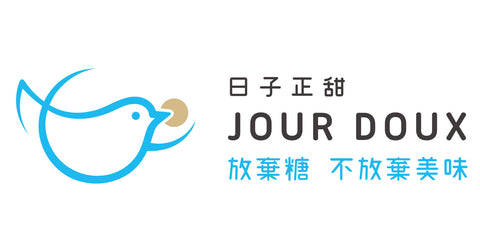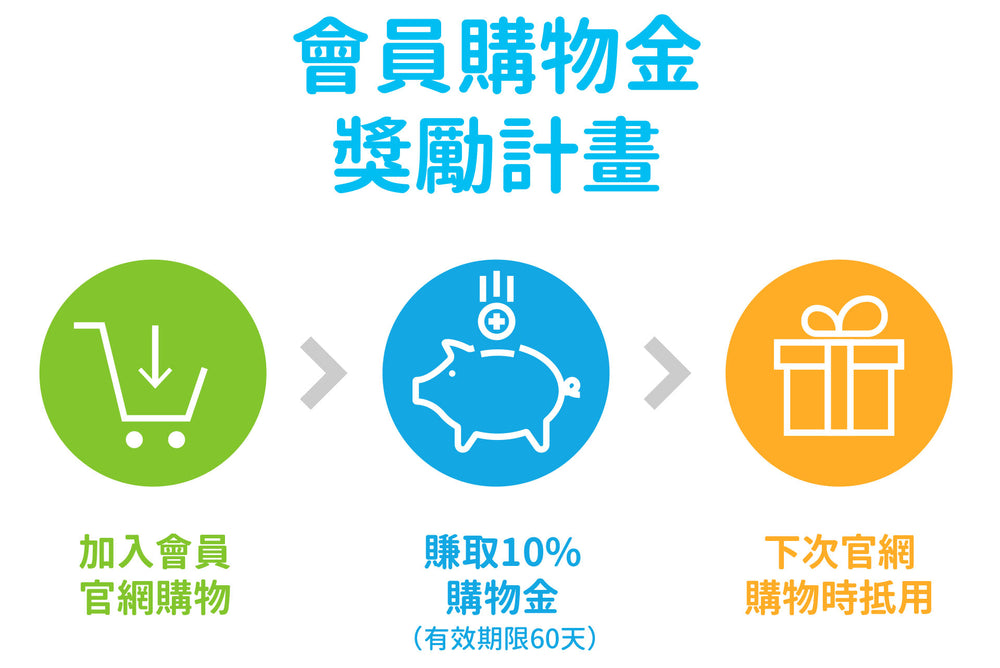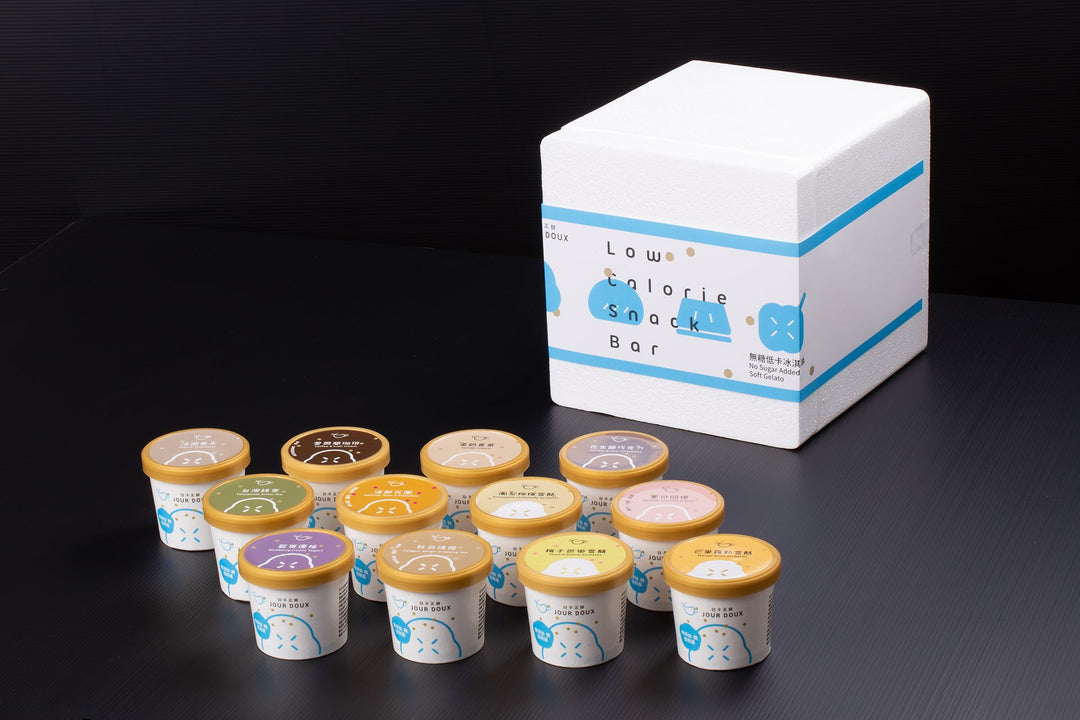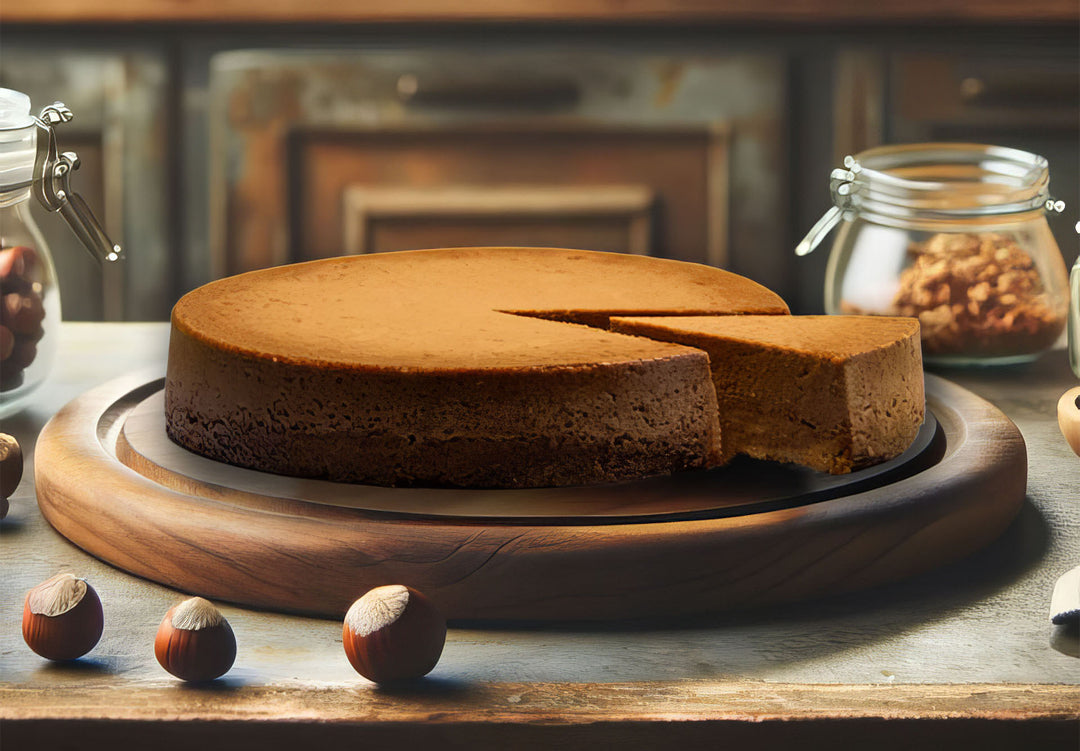11 Scientific Reasons Why Bananas Are Healthy
The original text was translated from Healthline's "11 Evidence-Based Health Benefits of Bananas"
By Adda Bjarnadottir for Dietitian
https://www.healthline.com/nutrition/11-proven-benefits-of-bananas#TOC_TITLE_HDR_6
Bananas are very healthy and delicious. It contains several essential nutrients that aid digestion, improve heart health and reduce weight. In addition to being nutritious, they are a very convenient snack food.
Here are 11 scientific reasons why bananas are good for you: 
1. Bananas Contain Many Important Nutrients
Bananas are one of the most popular fruits in the world. Native to Southeast Asia, they now grow in many warm regions of the world. Bananas vary in color, size and shape. The most common variety is the Cavendish, which is a type of dessert banana. It is green when immature and turns yellow when ripe.Bananas contain a lot of fiber as well as several antioxidants. A medium-sized banana (118 grams) contains approximately the following nutrients
- Potassium: 9 % of the daily recommended value
- Vitamin B6 : 33 % of the daily recommended value
- Vitamin C : 11 % of the daily recommended value
- Magnesium: 8 % of the daily recommended value
- Copper: 10 % of daily recommended value
- Manganese: 14 % of the daily recommended value
- Net Carbs: 24 grams
- Fiber: 3.1 grams
- Protein: 1.3 grams
- Fat: 0.4 grams
Each banana has only about 105 calories and consists almost entirely of water and carbohydrates. Bananas contain very little protein and almost no fat. The carbohydrates in green unripe bananas consist mainly of starch and resistant starch, but as the banana ripens, the starch turns into sugars (glucose, fructose, and sucrose).
2. Nutrients Contained in Bananas Can Lower Blood Sugar Levels
Bananas are rich in pectin, the fiber that gives the pulp its spongy texture. Unripe bananas contain resistant starch, which acts like soluble fiber and prevents digestion. Both pectin and resistant starch reduce blood sugar levels after meals and reduce appetite by slowing gastric emptying. In addition, bananas are also low to medium on the glycemic index ( GI ), with an unripe banana having a GI of around 30 and a ripe banana having a GI of 60 . The average for all bananas is 51 . This means that bananas should not cause large spikes in blood sugar levels in healthy individuals.
However, this may not apply to people with type 2 diabetes, who should avoid eating large amounts of ripe bananas - and if they do, monitor blood sugar carefully.
3. Bananas May Improve Digestive Health
Dietary fiber has been linked to many health benefits, including improved digestion. A medium banana contains about 3 grams of fiber, making bananas a pretty good source of fiber. Bananas contain two main types of fiber:
- Pectin: Decreases as bananas ripen.
- Resistant Starch: Found in unripe bananas.
Resistant starch can evade digestion and end up in the large intestine, where it becomes food for the good bacteria in your gut. Additionally, some test-tube studies suggest that pectin may help protect against colon cancer.

4. Bananas Can Aid Weight Loss
No studies have directly tested the effects of bananas on weight loss. However, bananas do have some properties that should make them a weight loss friendly food. First, bananas have relatively few calories. A regular banana has just over 100 calories — but it's also nutritious and filling. Consuming more fiber from vegetables and fruits, such as bananas, has been shown several times to be associated with lower body weight and weight loss. Also, unripe bananas are high in resistant starch, so they feel full and may reduce appetite.
5. Bananas May Support Heart Health
Potassium is an essential mineral for heart health, especially blood pressure control. Despite its importance, few people get enough potassium from their diet. Bananas are a great dietary source of potassium. One medium banana (118 grams) contains 9 percent of the DV. A potassium-rich diet can help lower blood pressure, and people who eat a lot of potassium have a 27 percent lower risk of heart disease. Plus, bananas contain moderate amounts of magnesium, which is also important for heart health.
6. Bananas Contain Powerful Antioxidants
Fruits and vegetables are excellent sources of antioxidants in your diet, and bananas are no exception. They contain several potent antioxidants, including dopamine and catechins. These antioxidants have been linked to numerous health benefits, such as reducing the risk of heart disease and degenerative diseases.
However, a common misconception is that the dopamine in bananas acts as a good chemical in your brain. In fact, the dopamine in bananas does not cross the blood-brain barrier. It just acts as a strong antioxidant, not altering hormones or moods. 
7. Bananas Can Help You Feel Fuller
Resistant starch is a non-digestible carbohydrate found in unripe bananas and other foods that functions like soluble fiber in the body. As a rule of thumb, you can estimate that the greener the banana, the higher its resistant starch content. Yellow, ripe bananas, on the other hand, contain lower amounts of resistant starch and total fiber, but are proportionally higher in soluble fiber. Both pectin and resistant starch reduce appetite and increase satiety after meals.
8. Unripe Bananas May Improve Insulin Sensitivity
Insulin resistance is a major risk factor for many of the world's most serious diseases, including type 2 diabetes. Multiple studies have shown that 15-30 grams of resistant starch per day can increase insulin sensitivity by 33-50% in as little as 4 weeks. Unripe bananas are a great source of resistant starch. Therefore, they may help improve insulin sensitivity. However, the reasons for these effects are not well understood, and not all studies have reached a consensus on this issue. More research should be done on bananas and insulin sensitivity.
9. Bananas May Improve Kidney Health
Potassium is essential for blood pressure control and healthy kidney function. Bananas are a good dietary source of potassium, which is especially beneficial for maintaining healthy kidneys. A 13-year study in women determined that those who ate bananas 2 to 3 times a week were 33 percent less likely to develop kidney disease. Other studies have noted that people who eat bananas 4 to 6 times a week have a 50 percent lower risk of developing kidney disease than those who don't eat the fruit. 
10. Bananas May Benefit Athletic Training
Bananas are often called an ideal food for athletes because of their mineral content and easily digestible carbohydrates. Consuming bananas may help reduce exercise-related muscle cramps and soreness, which affects up to 95 percent of the general population. The cause of cramping is largely unknown, but one popular theory blames a mixture of dehydration and electrolyte imbalance. However, research on bananas and muscle cramps has been mixed. While some studies have found them to be helpful, others have not. That said, bananas do provide excellent nutrition before, during and after endurance exercise.
11. Bananas are easy to add to your diet
Not only are bananas incredibly healthy, but they're also one of the most convenient snack foods around. Bananas are a great addition to yogurt, cereal, and smoothies. You can even use them in place of sugar in baking and cooking. Additionally, bananas rarely contain any pesticides or pollutants due to their thick protective skin. Bananas are very easy to eat and transport. They're generally well tolerated and easy to digest—just peel them and eat them.
Bananas are a popular fruit that happen to offer many health benefits. Among other things, they boost digestion and heart health thanks to their fiber and antioxidant content. They can even aid in weight loss because they are low in calories and nutrient-dense. Ripe bananas are a great way to satisfy your sweet tooth. Plus, both yellow and green bananas can keep you healthy and full.










